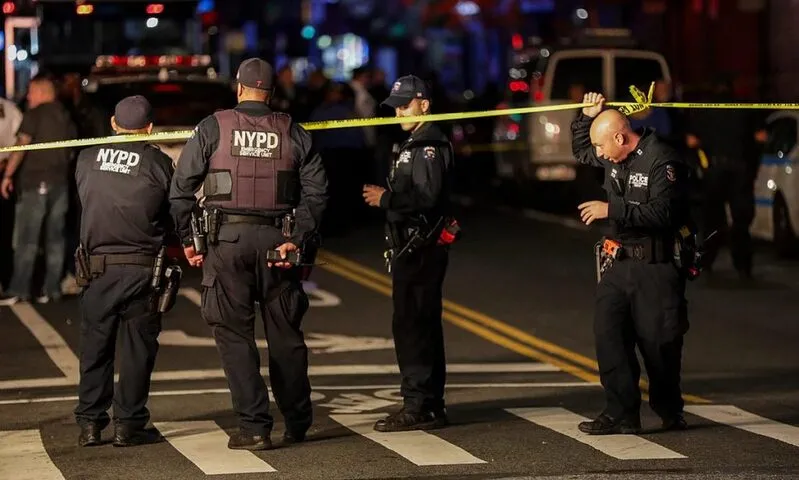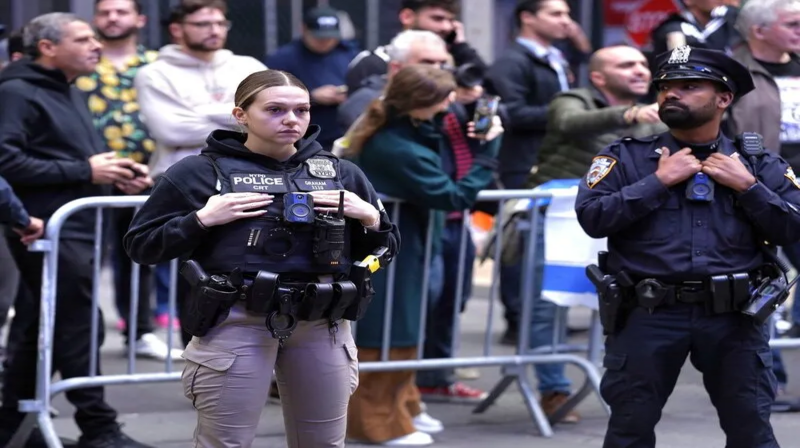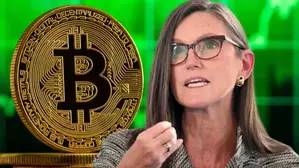The fatal shooting of United Healthcare Insurance CEO Brian Thompson in December rocked Wall Street and the broader markets. The shooting laid bare the divide between the top and bottom of the financial chain, which was kept under wraps for decades. The hatred stems from the fact that the rich keep getting richer while others have to take up two jobs to make ends meet. Realizing that the threat is real, US firms have increased spending to protect their high-level executives.
Also Read: Europe Loses $1 Trillion From Ditching Russian Oil
The rising threat against executives has forced US firms to increase spending by hiring extra plainclothes security personnel. Multinational corporations have increased their spending by 16% to a record $106,530, according to the latest US companies report published by Reuters. The corporations have doubled their number of plainclothes security personnel after the shootings in Manhattan last week. Four people were killed in the shooting, including Blackstone executive Wesley LePatner. Blackstone also called it “the worst day in its history” and closed their office for a day.
Threats to Top Executive Rising, Force US Firms to Increase Spending

The death of the Blackstone executive Wesley LePatner last week forced Blackstone to hold Zoom calls after sending staff home. “It’s unspeakable. I never knew anyone who was murdered,” said Rich Friedman, Chairman of Goldman Sachs Asset Management. Friedman said that he previously worked with Wesley LePatner, and the shooting has brought fear into Wall Street executives.
Also Read: Buffett’s Berkshire Down 12% Since Retirement News, Sells $3B
The attack was “shocking and hits very close to home,” wrote Citigroup spokesperson Ed Skyler to employees in a note. “Understandably, yesterday has also left many of us feeling uneasy,” he said. The spokesperson assured that the US firm has increased security spending in its Manhattan headquarters, among other important offices. Ben Joelson, Head of Security at Chertoff Group, confirmed that the threats against top executives are experiencing an “exponential rise.”






